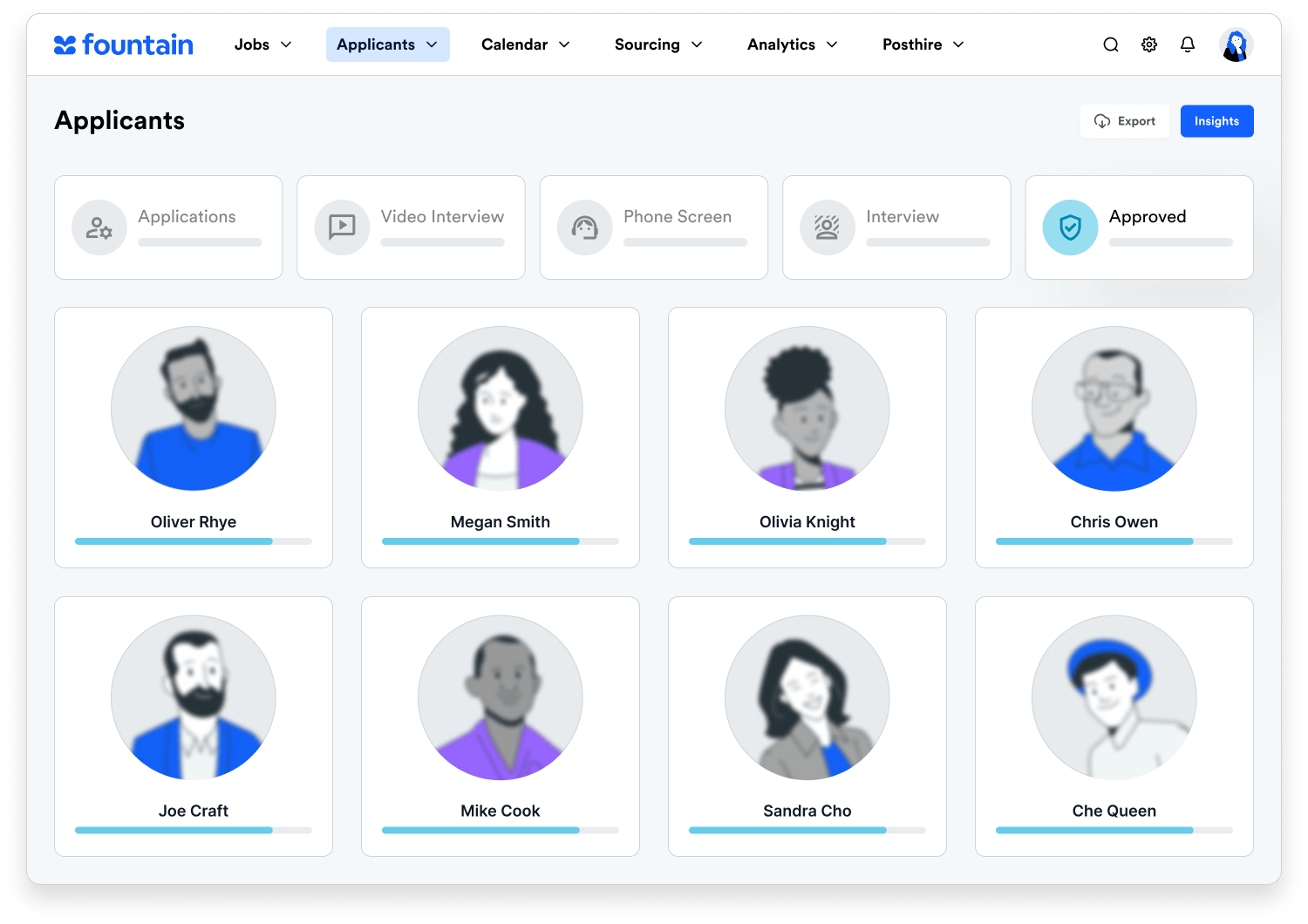Recent years have been challenging for the automotive industry, and particularly for companies manufacturing, selling, and supporting gas-powered vehicles. Now climate change activists and governments are moving forward with plans to eliminate gas-powered cars within the next two decades and shifting focus toward electric vehicles (EVs).
COVID-19 essentially halted car sales for several months, and even manufacturers that remained open had difficulty finding parts due to a sluggish supply chain and therefore had to slow or suspend production. Less demand in 2020 (sales were down approximately 15% worldwide) and plant closures led to layoffs throughout the industry.
Now that world economies are rebounding, what leftover effects should companies expect when trying to refill positions?
Disruption in the Automotive Industry
The pandemic hit the automotive industry hard, but technological and political disruptions were already changing the future prospects for the industry, requiring companies to focus more on sustainability. Every disruption may have significant and lasting implications for automotive industry hiring.
The climate change debate.
Fossil fuel–powered automobiles are the archnemesis of the climate change movement. As more countries push for substantial auto emissions reductions and start to phase out all gas-powered vehicles in coming years, industry companies and workers must now concentrate on EV production. This shift requires rethinking the skillsets of automotive workers and focusing on job transformation.
Digitization and user experience are the new design frontiers. Tesla has forged a path that many others are now following or even attempting to surpass. Indeed, one EV manufacturer recently announced that one of its cars would mine bitcoin during downtime. With advancements like this, companies will need to employ more personnel in software design, development, and maintenance, as well as cybersecurity.
Unfortunately, there is already a substantial talent gap in these areas. Automotive companies must create unique compensation and benefits packages to lure talent away from the tech industry. Companies also may need to consider how to make their cultures feel more like the vibrant startups that are so attractive to tech professionals.
Robotics.
The automotive industry has been incredibly successful in improving manufacturing processes through robotics, but increasing automation has heightened concerns about the technological redundancy of automotive industry workers. These fears are unlikely to dissipate, leaving existing workers questioning the long-term viability of their jobs and prospective employees wondering whether they should take traditional manufacturing positions.
Companies that focus on green technologies and job transformation may well expand their workforces. The International Labour Organization suggests adopting green technologies may result in a net increase of 10 million jobs worldwide, even in the face of ongoing automation.
Beyond the factory floor, employers also need to consider how automation can improve their hiring processes to make them more competitive for the best talent.
The Changing Nature of Employment
Disruptions in the industry aren’t the only issues affecting recruitment and retention. Changes in where and how people work and changes in employment conditions, particularly those resulting from the COVID-19 pandemic, will force companies to review hiring policies. But they also provide an opportunity to build attractive benefits packages to drive hiring.
Mandating vaccines (or not).
Companies across the world are grappling with whether to require vaccines as an employment condition. They must strike a delicate balance to retain valued employees and still be able to attract new talent.
Employers should avoid seeking information from prospective employees that would reveal any disability or medical history information unless the disability would directly impact their ability to perform the job. But companies also have to reassure current and prospective employees that they’ll be working in a safe workplace. This is particularly true for industry segments where working remotely is simply not an option.
Rethinking leave policies.
Another significant effect of COVID-19 has been renewed focus on family leave policies. In 2020, the Families First Coronavirus Response Act (FFCRA) expanded the Family and Medical Leave Act to account for the unique needs of those who had family members suffering from COVID-19 or were themselves infected. The FFCRA expired at the end of 2020, but it may have lasting implications for the industry.
New employees may now enter the hiring process with high expectations about flexibility and accommodations if faced with family medical issues. Forward-thinking companies will consider how to build added flexibility into future positions in mutually beneficial ways for both employers and employees.
Acknowledging family needs and providing accommodations can be a powerful recruitment tool and one that builds loyalty among all employees. Improved hiring processes and reduced turnover may very well offset any costs for providing this flexibility.
The battle over minimum wage.
Many automotive industry positions already pay well above the current minimum wage. But if there is one thing that has become obvious during recent battles over the minimum wage, it is that wage increases do not only ripple through the lowest level but also spill over and propagate far above it. Therefore, the auto industry may need to take a close look at pay scales and see how they can modify them to be more competitive for potential hires.
Making the Most of a Difficult Situation
There will undoubtedly be a pronounced evolution of the automotive industry in the next decade as companies address the gamut of political, social, and health issues they face, but with the proper mindset, automotive companies can become the new disruptors, creating hiring policies and programs that will help them effectively recruit their next-generation workforce.

